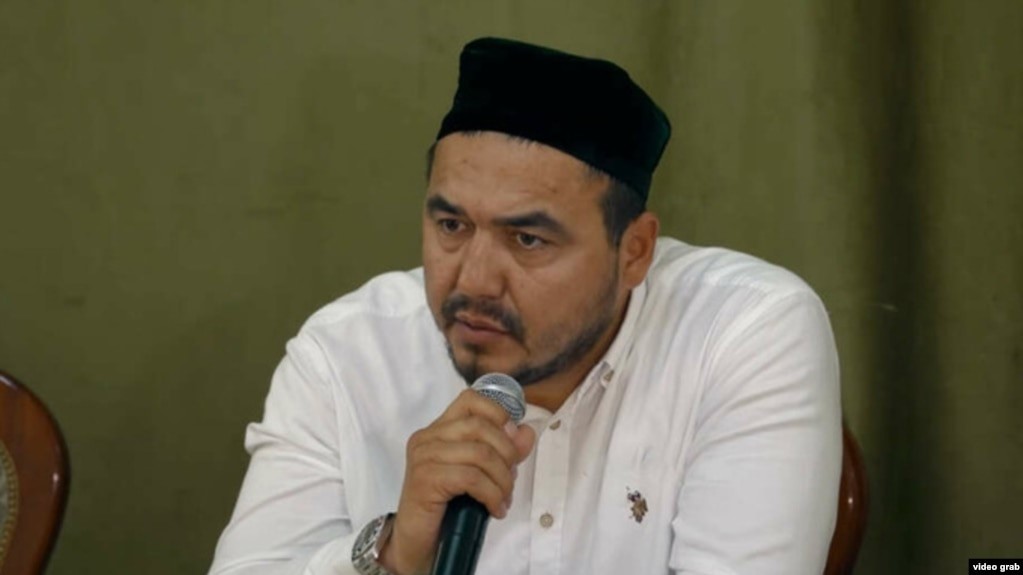Tashkent fires an imam for being too strict
The religious leader of Tashkent province had spoken out against those who leave the country to seek work abroad and the dancing of young girls. The Uzbek State, in accordance with post-Soviet traditions, is trying to prevent the fundamentalist drift of Islam, while anti-Semitic, anti-Christian, anti-Western and offensive content against women is increasingly spreading on social networks.
Tashkent (AsiaNews) - The chief imam of the province of Tashlak, in the Fergana region of Uzbekistan, Šukrullo Egamberdiev, has been dismissed by the country's Administration for Muslims for being too strict.
Already known for provocative statements and anathema to 'too free' forms of social behaviour, this time he seems to have crossed the line even for the leaders of the Uzbek Muslim community itself.
The administration's statement said that 'Egamberdiev has acknowledged that he made a mistake in his public statements, which caused much controversy, and has apologised. Imam-khatib has assured that he will not repeat the mistake in his future activity, and we ask that he refrain from discrediting him, especially as a legal assessment will be applied to his actions, and the necessary measures will be taken'.
One of Egamberdiev's expressions that provoked several negative reactions on social media concerned criticism of migrant workers who go abroad to support their families. In the video he states that 'they complain that they have no work, but many do not leave and find work here. You have to work with your brain, make some effort, and turn to Allah, putting aside your arrogance. Here you don't sweep the streets, and they go to Russia to sweep them, here you don't clean the stables, and they go there to clean the pigs' droppings... if you don't try to study and work at home, you end up a slave to foreign masters'.
Even greater resonance was received by his words hurled at young girls dancing at at end-of-year school parties. "Look what happens at these little evenings...does end of school mean you can do whatever you want? Why are students allowed to go on holiday? They even waltz, but where do the teachers look? What about a 17-year-old girl who starts dancing with a peer in front of everyone? Who will have the courage to marry her, after everyone has peeked at her on the internet, knowing that she will not be faithful to her husband?".
The commission convened to assess these interventions concluded that they were "not worthy of an imam"; he will now have to find a job outside the mosques, remaining under the constant supervision of the civil authorities. The Uzbek State, according to post-Soviet traditions, tries to prevent fundamentalist drifts in Islam and other religions in any way.
Moreover, as the US Department of State's report on freedom of conscience worldwide shows, Uzbekistan does not mince its words when it comes to keeping the excesses of religious activism under its heel. There are at least 1,800 prisoners accused of belonging to fundamentalist groups, with various convictions for extremism and terrorism, among whom several would actually be religious freedom activists.
Some are in prison for refusing to shave their beards, and several others have had their beards cut off directly by policemen. Four new religious associations have been registered, while 16 others have been refused. According to many activists, anti-Semitic, anti-Christian, anti-Western and offensive content against women is increasingly spreading on Uzbek social networks, mainly by Islamic bloggers.
The alternative seems to be between fundamentalism and state secularism, both of which are very disrespectful of freedom of conscience and social relations.







.png)










